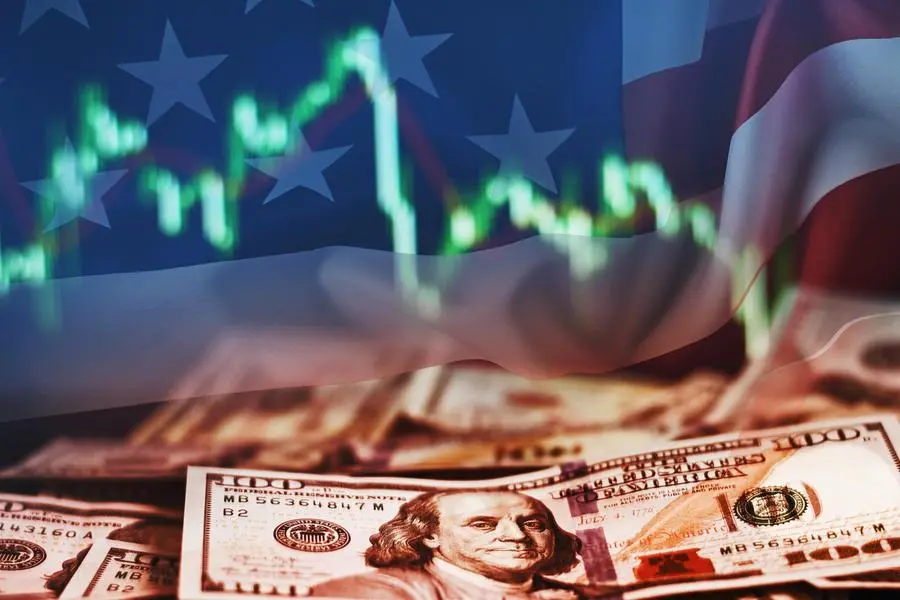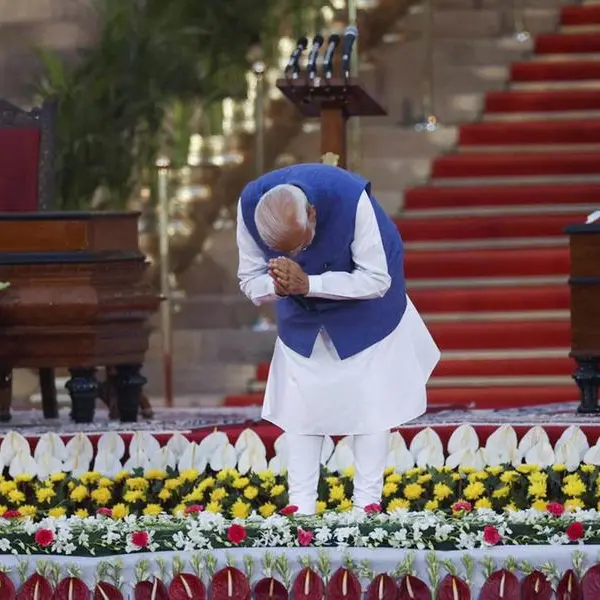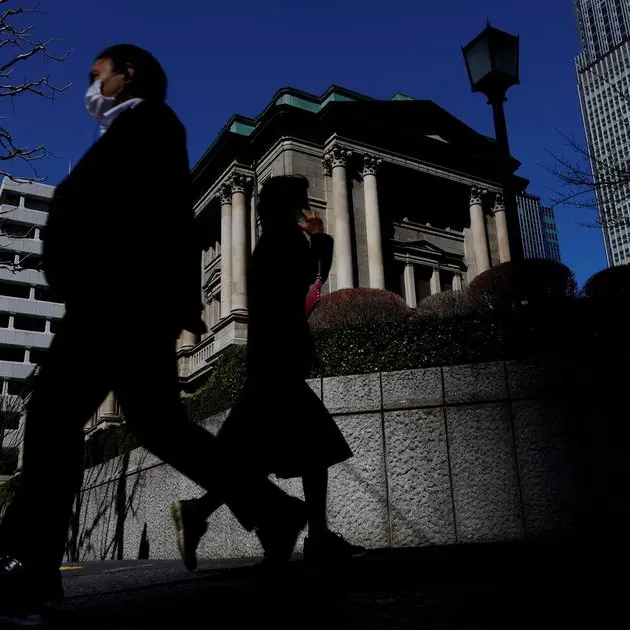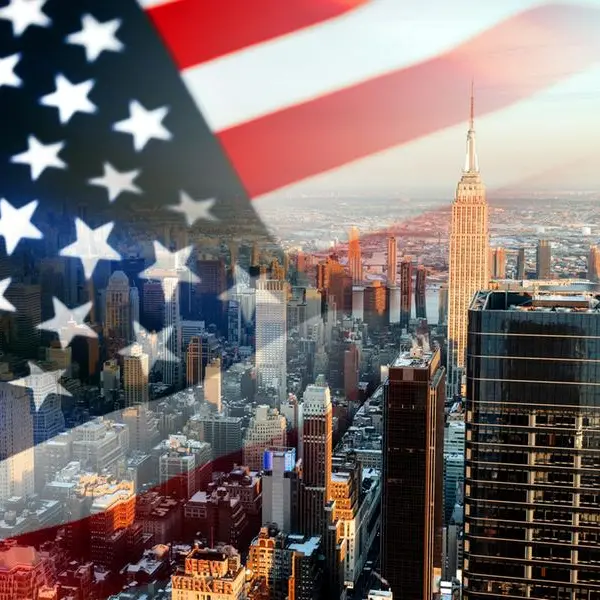PHOTO
WASHINGTON, DC – The World Trade Organization is among the greatest success stories of the post-World War II era. By establishing rules based on principles like nondiscrimination among trading partners and equal treatment of foreign and domestic goods, the WTO enabled international trade to flourish, with far-reaching benefits for economic growth and poverty reduction. In this sense, the WTO is like oxygen: essential, but often taken for granted.
Before 1800, international trade accounted for a very small share of global economic activity, both because transport and communications costs were high and because most countries embraced mercantilist policies. But over the course of the nineteenth century, those costs fell, and trade barriers were lowered – first in the United Kingdom, and then across Europe – and an era of extraordinary economic growth began in today’s advanced economies.
This period was interrupted by two world wars and the Great Depression – events that, together with the protectionist policies they fueled, caused trade growth and world output to decline sharply. But after WWII, policymakers on both sides of the Atlantic devised plans for a new international economic architecture, shaped significantly by the insights of John Maynard Keynes. The WTO’s predecessor, the General Agreement on Tariffs and Trade, was established in 1947 to ensure that the rule of law prevailed in international trade.
Over the next half-century, tariffs were lowered, trade flourished, and the advanced economies achieved unprecedented – and sustained – GDP growth. In the 1980s and 1990s, developing countries increasingly attempted to get in on the growth bonanza by abandoning their own protectionist policies. By the turn of this century, the world was taking open trade – and the robust growth it supported – for granted.
Today, however, the international trading system is under threat. The US, which spearheaded the GATT, has abandoned its leadership – severely weakening the WTO, especially its ability to settle trade disputes – in favor of protectionism. This process began under President Donald Trump’s administration, and has continued – and intensified – under US President Joe Biden. The US now has introduced high tariffs, particularly on Chinese goods, and extensive subsidies for domestic industries such as semiconductors and solar panels.
In response, other economies – from Canada to Turkey to the European Union – are implementing their own tariffs and subsidies (often targeting the semiconductor industry). When everyone is pursuing protectionist policies, everyone loses: the countermeasures offset any advantages for domestic industry, while raising prices for consumers.
Compounding the problem, non-US businesses are now hesitant to invest in boosting their export capacity, for fear that their access to the US market will be restricted. Though global trade and GDP continue to grow, the rates have slowed. With both Trump and Biden pledging to continue down this protectionist path after this year’s presidential election, the global trading system’s prospects appear bleak.
Rather than continue this race to the bottom, the world’s trading powers must address the disagreements fueling the turn to protectionism, beginning with “unfair” Chinese trading practices. The primary grievances expressed by the US and other market-oriented economies are that China heavily subsidizes its exports and does not adequately respect intellectual property (IP).
The key to resolving these issues, and restoring US global trade leadership, will be to ensure a level playing field, including for IP, for private firms in advanced economies and state-supported Chinese enterprises. To that end, trading arrangements under the WTO must be updated, with Keynesian principles – including equal treatment of foreign traders in domestic courts – being adapted to a twenty-first-century context.
Think tanks and academics should get to work clarifying the details of these new arrangements, including how they will be enforced. There might be a need, for example, for a new international agency tasked with ensuring that state-owned and state-supported companies adhere to updated WTO rules. Mechanisms for monitoring and enforcing IP claims, according to internationally agreed standards, will also be needed.
Restoring an open multilateral trading system will not be easy, but the benefits of doing so are difficult to overstate. Smaller countries have the most to gain (relative to GDP), and might even want to take the lead in formulating plans. But the increased economic growth brought about by a return to free trade would help raise living standards everywhere. It would also enable governments to strengthen social-safety nets, thereby protecting those groups that will inevitably be left behind. And it would lower political barriers to financing action on global challenges, such as climate change, which can be overcome only with international cooperation.
If the global trading system continues on its current path, however, economic growth will lag behind its potential, reducing governments’ scope for action on social and environmental challenges and undermining international cooperation more broadly. The world would be poorer, more divided, and far more vulnerable to looming existential threats.
Anne O. Krueger, a former World Bank chief economist and former first deputy managing director of the International Monetary Fund, is Senior Research Professor of International Economics at the Johns Hopkins University School of Advanced International Studies and Senior Fellow at the Center for International Development at Stanford University.
Copyright: Project Syndicate, 2024.
www.project-syndicate.org





















